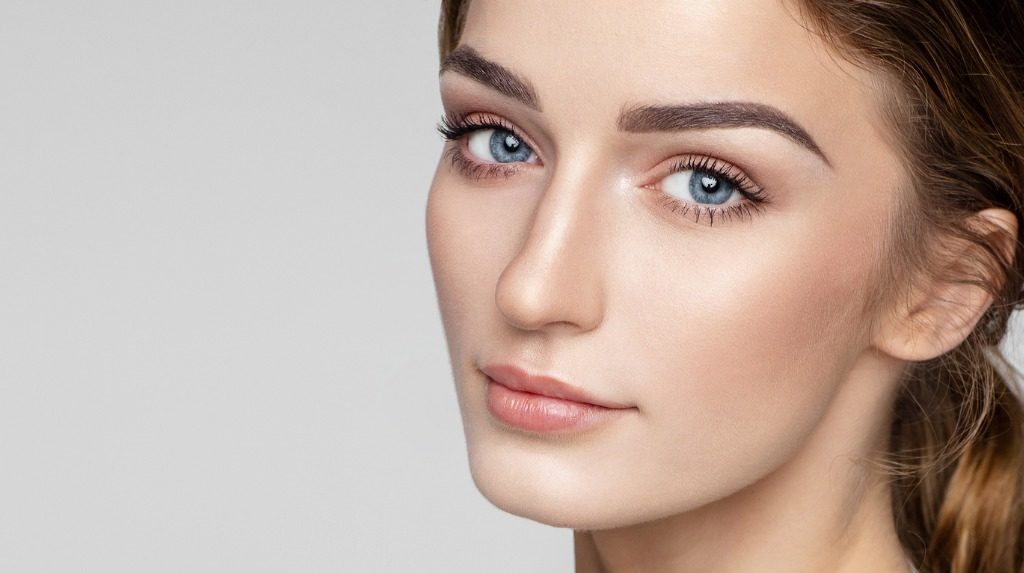
We all have something about ourselves that we’re not completely confident with. Unfortunately, our culture makes us feel as though we’re too proud or full of ourselves if we don’t have something about ourselves that needs improvement. We could be bothered by the texture of our hair or the color of our eyes. That’s not what we’re talking about here. Because sometimes our lives can truly be improved by adjusting our appearance. For example, the blepharoplasty procedure can help remove sagging skin that dips into and affects our line of sight. Imagine being able to see how you’re meant to! Keep reading to learn about blepharoplasty and have some of your most frequently asked questions answered.
What does it treat?
Blepharoplasty is also called cosmetic eyelid surgery, and the focus of this procedure is to change the skin and fat around the eyes. An upper blepharoplasty targets the fat and excess skin that sits above the upper eyelid. A lower blepharoplasty targets the bags under your eyes, and may include removal of a little bit of skin to smooth the area after the bags have been removed.
Blepharoplasty is recommended for people who have excess skin that hangs and sags into their line of sight, or even for people who are uncomfortable with the appearance of their eyes, due to this excess skin and/or fat around the eyes.
Will I have scars?
While we pride ourselves in knowing how to hide the scars from upper and lower blepharoplasty procedures, the truth is, there will always be a scar after any surgical procedure. The best practitioners know how to treat the scars so they are imperceptible to others.
Can I wear contact lenses?
Because your eyes will need time to heal, we don’t recommend pulling and tugging at your eyes to insert and remove contact lenses. For a few days to a few weeks after your surgery, we recommend wearing your glasses. This can help you avoid infection and other complications as you heal.
Is it covered by insurance?
Blepharoplasty can be elected as a necessary or cosmetic procedure, and insurance may or may not cover the cost. Generally, if you opt for a blepharoplasty because your vision is impaired, then insurance is more likely to cover the cost. If your blepharoplasty is for cosmetic reasons, then your insurance is not likely to cover the cost. Remember that all insurance companies and plans are different, so call your insurance provider to understand more of what they will and will not cover.
Interested in learning more? Contact us at (781) 245-5200 to schedule a consultation today.
